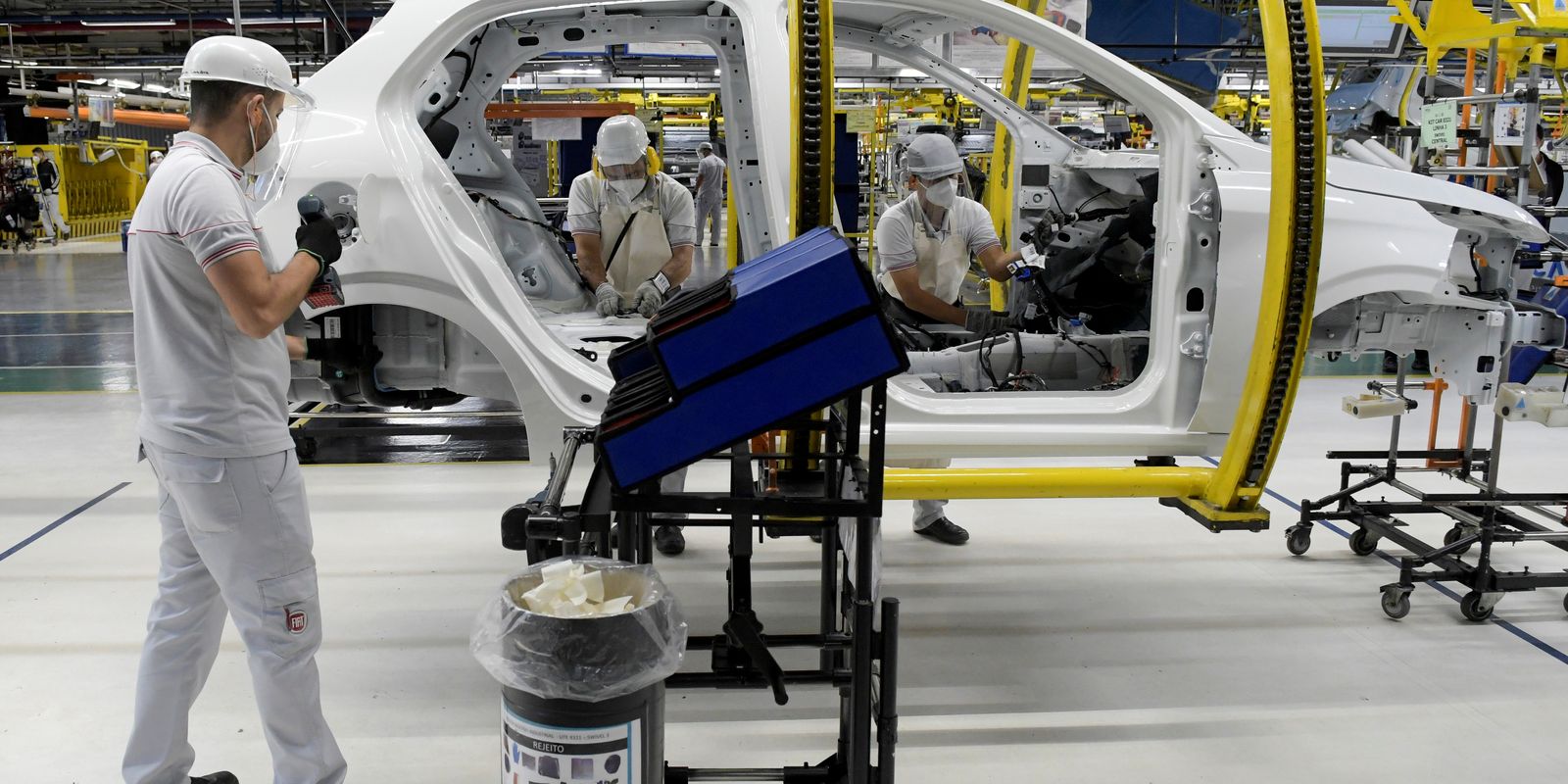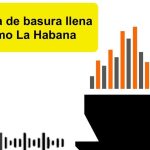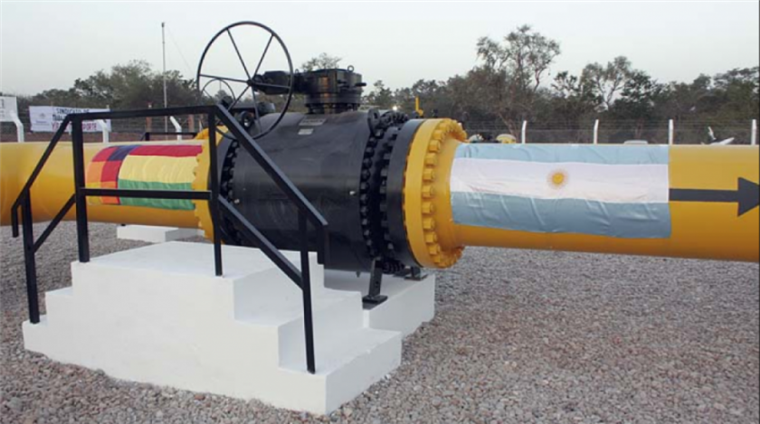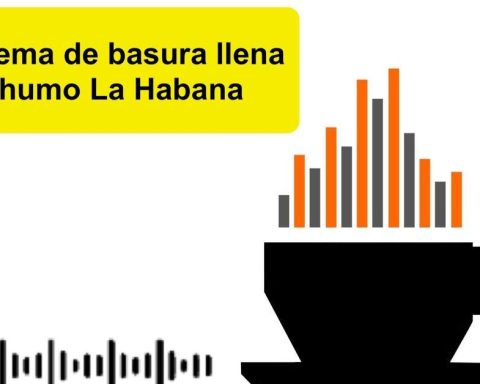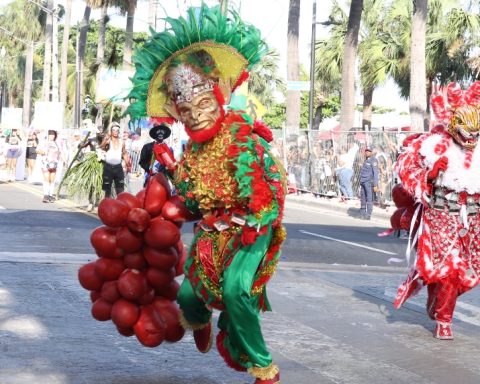Brazilian industrial production grew 4.1% between May and June. In addition to interrupting two months of decline, the result is the highest recorded since July 2020, when there was expansion of 9.1%.
The finding comes from the Monthly Industrial Survey, released this Friday (2), in Rio de Janeiro, by the Brazilian Institute of Geography and Statistics (IBGE).
With the result of June 2024, the national industry is at a higher level than the pre-pandemic level, 2.8% above February 2020. However, it is still 14.3% below the maximum point recorded in May 2011.
Compared to the same month last year, the increase is 3.2%. Looking only at the months of June, the result is also the highest since 2020, when it had increased by 10%.
In the first half of the year, Brazilian industrial activity expanded by 2.6%. In the accumulated 12 months, the positive performance is 1.5%.
Rains and floods
IBGE’s research manager, André Macedo, explains that the impressive result for June is driven not only by the comparison base, which had fallen 1.8% in the previous two months, April and May. But also by the return of production in several units affected by the floods that hit factories in Rio Grande do Sul in April and May.
Between May and June, 16 of the 25 activities surveyed by IBGE showed positive performance, with emphasis on the production of coke (a type of fuel derived from coal), petroleum derivatives and biofuels (4%), chemical products (6.5%), food products (2.7%) and extractive industries (2.5%).
The food products sector, which represents 15% of Brazilian industrial activity, grew by 2.7%. “There was an increase in the production of important products, such as sugar, soy products, orange juice and poultry meat,” indicates the IBGE.
In the extractive industry, which rose 2.5%, the two most important products within the activity showed expansion: iron ore and oil.
